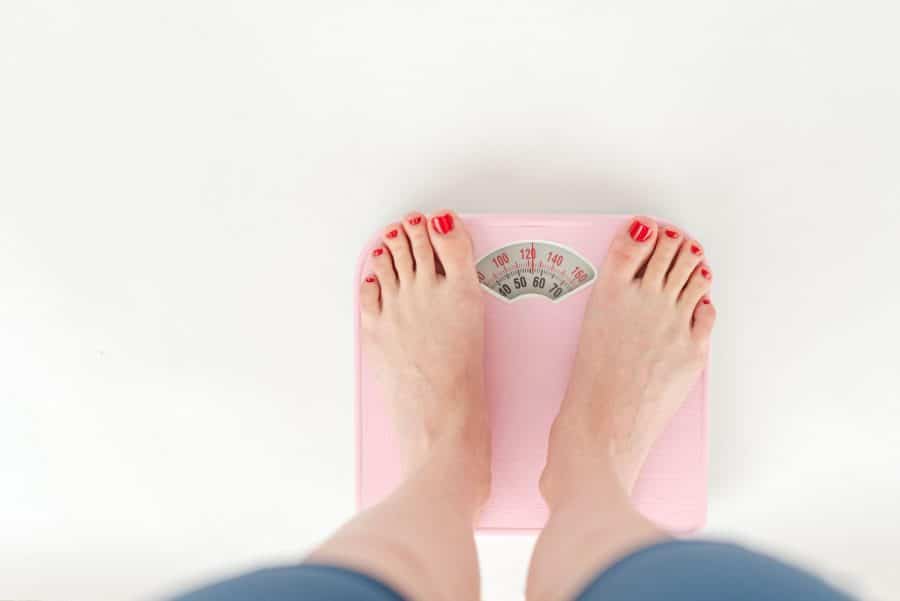Pursuing weight loss is not an uncommon experience. However, achieving sustained and healthy weight loss is less frequently reported. That’s because our culture promotes quick fixes, whether it promising results with minimal change to lifestyle or encouraging an extreme lifestyle shift for rapid weight loss. These “solutions” consistently fail in the long run.
It’s critical to approach weight loss from a position where you have the information you need to make smart choices while consistently caring for your body. Fortunately, we have a few tips that can help.
Medical Input
Get some medical opinions about the approaches you are considering when it comes to losing weight. Your medical provider might be able to determine if there are biological factors that have made it difficult to lose weight in the past and have recommendations for how to address a weight loss plateau.
We live in an age when we have several options to improve metabolic functioning and create greater opportunities for success by understanding our biology. Don’t leave medical support out of your weight loss journey!
Mindset and Self Care
Our culture promotes weight loss constantly, whether it’s through the body types that we see in media or the commercials we see that promise fast results. We can internalize these messages which lead to approaching weight loss from a self-critical mindset. This is actually counterintuitive because increased stress (and increased cortisol) actually make weight loss significantly harder. So, prioritize reducing stress and anxiety during your weight loss journey. Creating a positive mindset also involves setting clear intentions, using a wellness journal to write out your intentions, and assessing the benefits that you will experience as a result of weight loss will reconnect you to your motivation daily.

Exercise and Food
The calories that you ingest and use throughout the day play a rather prominent role in weight loss. So it is very important to choose the good weight loss program to balance the amount of calories you consume. Prioritizing nutrition or exercise over one another doesn’t create great results, but balancing changes in both of these areas of your life will lead to positive changes.
When it comes to activity, it's essential to find something that works for your lifestyle. Whether that is joining a gym, finding an outdoor fitness group, or signing up for online exercise classes, you’ll need the right equipment to ensure that you maintain good form and avoid injuries.
When it comes to nutrition, you may need to experiment a bit with different nutrition plans to identify the one that not only tastes the best and feels the best in your body, but also feels sustainable in your kitchen. Using meal delivery services can be a helpful option if time is typically hard to come by in your daily schedule.
Self Monitoring
Tracking your body weight and shape can be significantly helpful in keeping you connected to the small changes that build over time. Whether you prefer to take progress pictures or have a regular weigh-in using an at-home body weight scale, it’s best to monitor on a weekly basis rather than daily. Trying to track your health stats daily can actually create discouragement, and those daily weigh-ins are not as reflective of overall changes.
Environment
Making changes to your environment will help you make choices that most align with your weight loss goals. For example, if you are using a diet that reduces or completely eliminates sugars and carbohydrates, it will be much easier to adhere to this if you clean out your pantry and remove items that will no longer fit into your diet.
If you are committing to exercise on certain days of the week, keeping your exercise shoes and other gear out and visible will increase the chances that you honor your commitment. Altering your environment will help you build the necessary habits to have sustainable change and true weight loss.
Whether you are at the beginning or deep into your weight loss journey, the five suggestions above will only aid you as you work towards meeting your goals!
The content is intended to augment, not replace, information provided by your clinician. It is not intended nor implied to be a substitute for professional medical advice. Reading this information does not create or replace a doctor-patient relationship or consultation. If required, please contact your doctor or other health care provider to assist you to interpret any of this information, or in applying the information to your individual needs.

